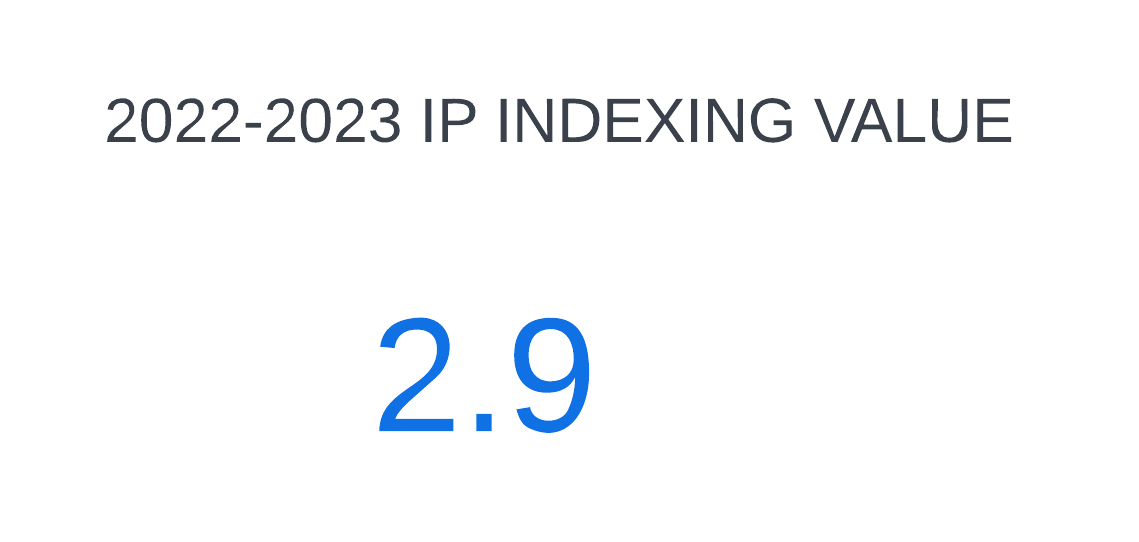IoT Enabled Motor Drive Vehicle for the Early Fault Detection in New Energy Conservation
DOI:
https://doi.org/10.69996/jsihs.2024018Keywords:
Smart Cities, Machine Learning, Business Sustainability, Corporate Responsibility, Sustainability Strategies, Development GoalsAbstract
The key areas of interest in respect of which analyses are provided within the context of the paper are sustainable business practices that can help drive the change towards a low carbon economy. The study focuses on advanced techniques for managing businesses to advance the link between economic development and environmental conservation to optimize economic and environmental performance. Furthermore, based on the features, discussed in the paper, it is possible to identify the meaning of the concepts making the organizations introduce sustainability factors, as well as the possible effect these decisions may have on their future performance. This paper explores the role of machine learning (ML) and data-driven business strategies in promoting sustainable business development within smart cities. By integrating ML models across various sectors such as energy management, transportation, waste management, water usage, public safety, and urban planning, cities can optimize resources, reduce environmental impact, and enhance overall efficiency. Results from implementing these strategies in a smart city context show a 10% reduction in energy consumption (from 200,000 kWh to 180,000 kWh), a 50% increase in renewable energy share (from 20% to 30%), and a 40% decrease in CO2 emissions (from 500 tons to 300 tons) due to the use of autonomous electric vehicles. In transportation, average traffic speed improved by 16.67% (from 30 km/h to 35 km/h), and public transport efficiency increased by 21.43% (from 70% to 85%). In waste management, waste collection costs were reduced by 20% (from $50,000 to $40,000), and the recycling rate increased by 40% (from 25% to 35%). Water usage efficiency rose by 12.5% (from 80% to 90%), while water leak incidents decreased by 60% (from 50 to 20). Additionally, predictive policing reduced crime rates by 40% (from 5 to 3 per 1,000 residents), and emergency response times improved by 33.33% (from 15 minutes to 10 minutes). Finally, urban planning efficiency increased by 25% (from 60% to 75%) in land use, and green space area expanded by 40% (from 50 to 70 square kilometers).
References
[1] J. Smith, L. Johnson and R. Martinez, “Drivers of sustainability in corporate practices: An investigation into the forces of regulation and expectations of organisational stakeholder,” Journal of Sustainable Business, vol.42, no.3, pp.150-167, 2024.
[2] H. Lee, “Corporate social responsibility as a brand reputation driver: An empirical analysis,” Corporate Governance and CSR Journal, vol.15, no.2, pp.85-102, 2024.
[3] S. Patel and X. Li, “The role of renewable energy technologies in reducing corporate emissions,” International Journal of Green Technology, vol.29, no.4, pp.210-225, 2024.
[4] Y. Tanaka, W. Chen and D. Sanchez, “Sustainability and economic performance: An analysis of long-term impacts,” Business and Environmental Economics Review, vol.37, no.1, pp.58-76, 2024.
[5] A. Wilson and M. Carter, “Sustainability reporting in relation to EU requirements and its effects on investor assurance,” Journal of Financial Reporting and Accountability, vol.11, no.3, pp.196-211, 2024.
[6] P. Collins, “Eco-innovation as a competitive advantage in modern business,” Journal of Business Innovation, vol.18, no.2, pp.125-143, 2024.
[7] B. Adams, “Government policy and business sustainability: An exploratory study,” Policy and Corporate Responsibility Journal, vol.20, no.5, pp.99-113, 2024.
[8] T. O’Neil, “The effect of sustainable strategy on brand image and organizational resilience,” Marketing and Sustainability Journal, vol.27, no.3, pp.65-82, 2024.
[9] K. Miller, “Preference of the investors and the emerging domain of ESG investing,” Journal of Environmental Finance, vol.33, no.1, pp.134-147, 2024.
[10] S. Green, L. Taylor and Y. Chen, “Digital transformation in sustainability: The role of AI in resource management,” Technology and Sustainability Review, vol.45, no.4, pp.178-193, 2024.
[11] K. Manninen and J. Huiskonen, “Factors influencing the implementation of an integrated corporate sustainability and business strategy,” Journal of Cleaner Production, vol.343, pp.131036, 2022.
[12] Y. Ramli, D. Permana, M. Soelton and K. O. E. Wei-Loon, “Implementing Strategic Sustainability Business On The Micro, Small And Medium Enterprises,” In ICCD, vol. 4, no. 1, pp. 232-236, 2022.
[13] G. Attanasio, N. Preghenella, A.F. De Toni and C. Battistella, “Stakeholder engagement in business models for sustainability: The stakeholder value flow model for sustainable development,” Business Strategy and the Environment, vol.31, no.3, pp.860-874, 2023.
[14] I. Kulkov, J. Kulkova, R. Rohrbeck, L. Menvielle, V. Kaartemo and H. Makkonen, “Artificial intelligence‐driven sustainable development: Examining organizational, technical, and processing approaches to achieving global goals,” Sustainable Development, vol.32, no.3, pp.2253-2267, 2024.
[15] A. Permatasari, W. Dhewanto and D. Dellyana, “The role of traditional knowledge-based dynamic capabilities to improve the sustainable performance of weaving craft in Indonesia,” Journal of Enterprising Communities: People and Places in the Global Economy, vol.17, no.3, pp.664-683, 2023.
Downloads
Published
Issue
Section
License
Copyright (c) 2024 Journal of Sensors, IoT & Health Sciences (JSIHS,ISSN: 2584-2560)

This work is licensed under a Creative Commons Attribution-NonCommercial 4.0 International License.
Fringe Global Scientific Press publishes all the papers under a Creative Commons Attribution-Non-Commercial 4.0 International (CC BY-NC 4.0) (https://creativecommons.org/licenses/by-nc/4.0/) license. Authors have the liberty to replicate and distribute their work. Authors have the ability to use either the whole or a portion of their piece in compilations or other publications that include their own work. Please see the licensing terms for more information on reusing the work.


